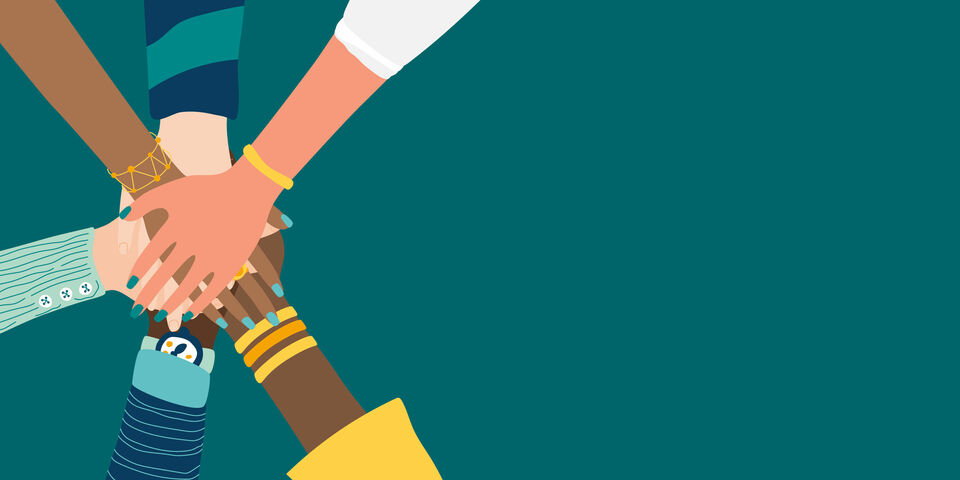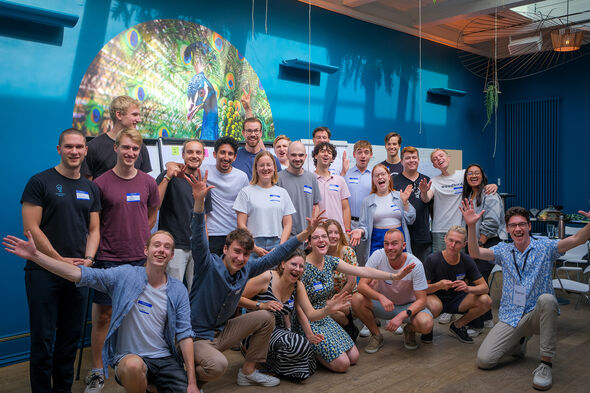Improving the world, as effectively as possible
Do you sometimes wonder which charities do the most good? And how, as a simple student, you can do something that really does help make the world a better place? The new student community Effective Altruism Eindhoven is looking for the answer to these questions. This week Wednesday they are holding an introductory session open to everyone who is interested. Founder and TU/e student Jelle Donders tells Cursor about the ideas behind the Effective Altruism movement, which started in Oxford, England, in around 2010.
Jelle Donders (23) came across Effective Altruism (EA) eighteen months ago when he wondered: What really are the best – in the sense of most effective – charities? A simple Google search took him first to the ‘Give Well’ website, which investigates which NGOs save and/or improve the most lives per donated dollar. More clicks eventually led him to Effective Altruism.
“The movement was started in around 2010 by moral philosophers in Oxford, England, and from there it spread, first within the UK, then internationally. For several years now, there have been groups based in the Netherlands,” tells Donders, who, having completed his bachelor's in Medical Sciences and Technology, is now taking a gap year to explore master's options.
This past year has seen explosive growth in the number of EA communities at Dutch universities: “From one – in Rotterdam – to eleven, including this one in Eindhoven.” The kick-off at TU/e is taking place tomorrow in film theater De Zwarte Doos, during the lunch break. How many people will turn up is something Donders can't easily predict, although he had a lot of interesting conversations while handing out flyers. Another uncertainty for him and co-founder Irene Hulsen (master's student of Chemical Engineering) is the form the EA movement will take at TU/e: that of a student team or an association.
Time and money
Many people choose the charities they support based on personal preference: emergency help after a shocking disaster, saving a beloved animal species, or research into a disease suffered by a family member. Adherents of EA take a different, more rational view. They believe that every life is of equal value, and so it is important to determine which charities make it possible to save or help the most people – and animals – with the available resources.
These resources are time and money. Donders: “Fifty years ago the emphasis within EA was on the latter: earning to give. The idea was, to put it simply: you can go and work for an NGO yourself, but if you make sure you earn a huge amount in a lucrative job, you can use that money to enable a lot more people to work for that good cause.” EA members can opt to sign a 'giving pledge' to donate a percentage (1% or 10%) of their income over the long term.
Since then the focus has shifted to time, under the banner 80,000 hours. “That is the average number of hours in an entire career. Can you spend those hours most usefully by becoming a doctor? Or by – another simplified example – becoming a politician and ensuring that many more doctors are able to work than is currently the case?”
Too good
For students engaging with EA, the focus is on choosing a pathway toward a career in which they can improve the world as effectively as possible. Donders is bearing the EA philosophy in mind as he chooses a suitable master's, he tells us. “In my field that might lead to a theme like pandemic preparedness.”
The skepticism he felt eighteen months ago about EA has evaporated. “Everyone sounded so noble, it seemed too good to be true. Since then I've become convinced that everyone really is driven by altruism and, moreover, everyone is very open to criticism. I am really looking forward to setting up something special at TU/e.”
The Introductory Talk by Effective Altruism Eindhoven will be held on Wednesday September 14th, 12.40-1.20 PM, in film theater De Zwarte Doos



Discussion